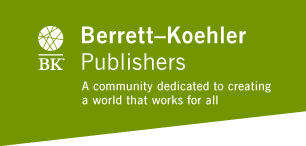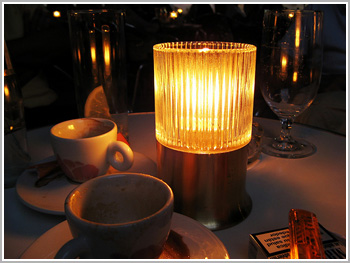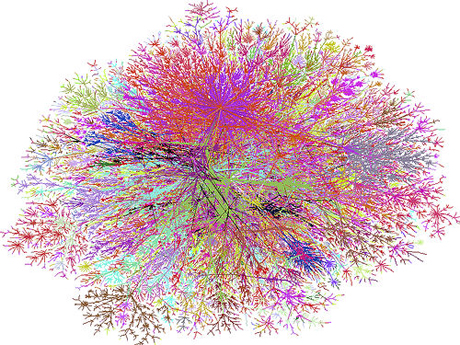I think I've mentioned that I have a fabulous women's group that meets in a sheltering cave in a mountain in Second Life. Every Thursday morning the five of us sit in circle and share the deeper levels of what's up for us.
In my case last week it was the final stretch of a long preparation period for the first event in the "Conversation for the 21st Century" series. This (material taken from our transcripts) is what I found myself musing upon:
These last few weeks have been so crazy that I am being forced to face how dysfunctional it is being this stressed. I am behaving in ways that do not serve me or anyone, even if I am getting a lot done. My impatience can be terrible. I'm not nice. … well, not as nice as I can be anyway 🙂
And it's ironic, because truly I think that's one of the most important things I could ever do; just be kind. Listen. To what people have to say, yes certainly, but perhaps more importantly to the stillness that is behind the words.
I have been realizing and valuing how important it is to be calm and clear and strong and unstressed, especially in these times when life seems to be moving faster and faster for all of us…
(William Yeats expressed the phenomenon so beautifully in his poem about modernism, Second Coming:
"Turning and turning in the widening gyre
The falcon cannot hear the falconer;
Things fall apart; the centre cannot hold …"Those of us who can be the strong "anchor" or center points that CAN hold during these times are increasingly valuable. Sometimes I wonder if there is a role we're preparing for that none of us may even see clearly yet, but will turn out to be of far more importance than anything we could ever "do".
As of right now, there are over 500 people registered for the event I'm hosting tomorrow!! To me, that represents a responsibility as well as an opportunity…
To prepare for it – in the day I have between now and then – I'm looking for ways to create a sense of spaciousness for myself so that the experience of awareness and presence can enter my voice tomorrow and call it from others throughout the room.
As it turned out, it's a good thing I did…
The event was just wonderful – we had the most amazing conversation starters who conveyed real depth and wisdom about the subject (community), and the 200+ people who showed up to engage each other in conversation lept to it immediately as a shoal of flashing fish to water. Everything in the first hour and a half was all I could have hoped for … and then… we had a massive breakdown in technology.
I've been using this software since November of 2009 and never seen anything like this happen before, but Tom Foolery was up to his April Fool's Day tricks during the last round of conversation when the 60-some small group conversations began to bleed into each other, causing people to hear others who were not in the room with them. Imagine how confusing that would be if your only sense perception was auditory!
It was definitely a test of equilibrium for me and my co-host Ben Roberts, as we managed to bring the situation back to center by muting everyone and trying to explain what was happening when we had no idea ourselves.
Luckilly they had been able to talk for 15 of the 20 minutes in that final round, but it was disconcerting nonetheless, and I really needed all my patience and presence of mind to keep the container of wonderful energy we had built up until then intact.
One of the things I drew heavily upon to do that was the positive intent in the room. Everyone there wanted to keep the energy alive and moving, too, so together we weathered the bumpy patch and moved into a wonderful harvest with full participation, and the rest of the event went smoothly.
These are the times we are preparing for.
May we all live into them fully, and be kind to ourselves and each other as we weather the bumpy patches.





Welcome!